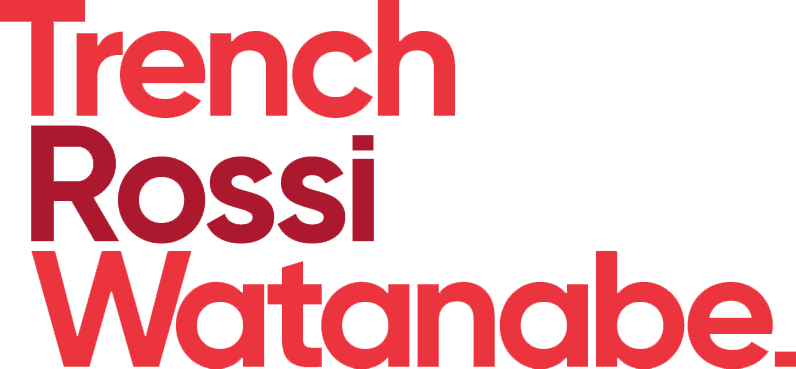In brief
On 1 February 2023, State Decree No. 112/20231 was published, establishing the take-back requirements system for packaging in the state of Mato Grosso (MT). The decree is the first specific regulation on the subject in MT, regulating the state policy for solid waste (Law No. 7,862/2002) in this regard.
More details
Decree No. 112/2023 establishes new guidelines for the implementation, structuring and operation of the take-back requirements system for packaging in MT.
The recently published decree introduces similar concepts to those provided in Federal Decree No. 11,044/2022, which created the recycling credit (Recicla+), such as the figure of the independent verifier and the “Electronic Information System of the Black Box Species” (“Black Box“). The black box system aims to allow the capture of anonymized information from the business sector and the obtaining, in a confidential and secure way, of the quantity of product packaging material made available in the market and returned to the production sector for the purposes of compliance with the reverse logistics targets by the companies adhering to the collective model.
The new decree obligates manufacturers, importers, distributors and traders of packaging that, after use by the consumer, generate packaging as waste in the territory of Mato Grosso to implement the take-back requirements system. There will be an obligation to implement the system whether or not the obligated parties are signatories to terms of commitment at the national or state level.
The concept of manufacturer is similar to that provided in other states, i.e., the “brand owner” is considered the manufacturer. When the manufacturer is not the brand owner of the product but only fills, assembles or manufactures products on behalf of the brand owner, it must ensure that the respective product and/or packaging is covered by a take-back requirements system in the state.
The decree also provides that the registration of information on take-back requirements systems, which is self-declaratory, must be filed within 180 days from the publication of the decree.
One of the decree’s essential items concerns the targets, which must be progressive and quantitative, expressed in percentages, and by group of recyclable packages. The targets cannot be lower than those provided by the national solid waste plan (PLANARES), as well as sector agreements and terms of commitment of national or state levels.
The information on the target’s accomplishment must be sent through an annual performance report, to be submitted to the state environmental agency (SEMA/MT) by 30 June of each year. The first report must be submitted by 30 June 2023 and must show the amount of packaging placed on the market in the base year 2021, whose recovery (performance year) should have occurred in 2022.
SEMA/MT and the state treasury department (SEFAZ/MT) will check compliance with the decree’s obligations. Noncompliance will lead to the application of the penalties stipulated under Federal Decree No. 6,514/2008, which deals with administrative infringements and penalties to the environment.
Finally, following the trend of other state regulations, Decree No. 112/2023 foresees that the state environmental agency will require compliance with the take-back requirements system for packaging to issue or renew environmental licenses.
Our Environment, Climate Change and Sustainability team has been closely following new publications on the subject and is available to discuss the new decree’s impacts on companies’ day-to-day operations.
1 Available at https://www.iomat.mt.gov.br/portal/visualizacoes/html/17127/#e:17127/#m:1422447.
* * * * *

Trench Rossi Watanabe and Baker McKenzie have executed a strategic cooperation agreement for consulting on foreign law.



